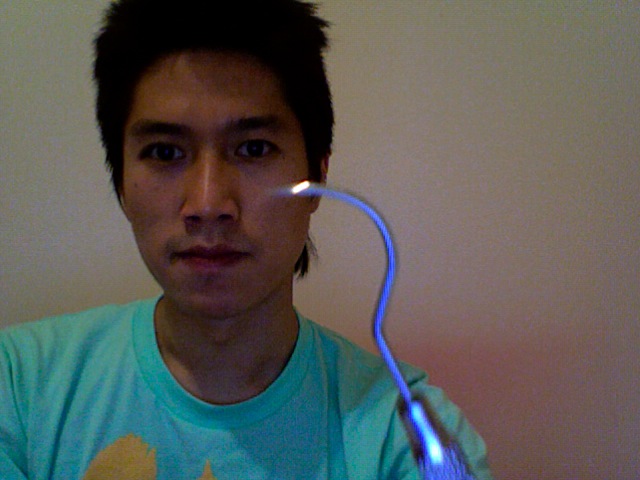Long Ass Interview with Tao Lin part 2 of 2

[Hi, this is Stephen Tully Dierks. I interviewed Tao Lin re his second novel, Richard Yates. This is part two of the interview. You can read the first part here.]
Are there any other artists with whom you’d like to collaborate, either directly or indirectly?
I would like to draw the album art for any band that I like. I would like to be the cover artist for an issue of McSweeney’s or Best American Non-Required Reading.
I think I feel like not collaborating on writing things at this point, unless it is a letters-type thing, like hikikomori with Ellen Kennedy.
Haley Joel Osment states in the book that Nobel Prize winners used to be depressed existentialists and now they are sociologists. Could you expound on this idea?
I think he was being sarcastic to a large degree. He maybe had some vague idea that people like Camus, Hermann Hesse, Sartre used to win the Nobel Prize and that there has been some kind of change, and that different kinds of writers now win the Nobel Prize, ones focused more on how people are like within a culture or a society, rather than within the universe, maybe, in that the “write-ups” about them seem, to Haley Joel Osment, to always mostly focus on their political or gender-issue or cultural themes (Haley Joel Osment assumes, though, that that’s just the journalists “doing their thing” and not an accurate portrayal of the writers; for example many articles connect Kafka to Prague rather than to “existential issues” or something).
Who do you think Haley Joel Osment would say is his favorite Nobel Prize winner for literature?
Maybe Knut Hamsun.
By what writer do you feel most interested in reading a review of Richard Yates for what venue?
Maybe a 5000-word review by Dennis Cooper that is somehow in New York Times Magazine (don’t think they publish reviews).
October 13th, 2010 / 10:57 am
Tao Lin Tao Lin Tao Lin Tao Lin Richard Yates Richard Yates Richard Yates Richard Yates
 I’m baffled by the back cover of my Richard Yates galley. The relationship between the book’s two main characters–one, the Tao figure, 22, and the other 16–is described three times, in three separate paragraphs, as “illicit,” a heavy-handed enforcement of theme which should hold truck with the novel itself: one would expect, going in, that the scandal which supposedly holds the weight of the novel would actually sustain itself as a scandal. Which happens to be so little the case that it’s kind of funny, this negation of the back cover, and is a fascinating, if unintentional, way of diverting expectations: by Richard Yates failing totally in self-description.
I’m baffled by the back cover of my Richard Yates galley. The relationship between the book’s two main characters–one, the Tao figure, 22, and the other 16–is described three times, in three separate paragraphs, as “illicit,” a heavy-handed enforcement of theme which should hold truck with the novel itself: one would expect, going in, that the scandal which supposedly holds the weight of the novel would actually sustain itself as a scandal. Which happens to be so little the case that it’s kind of funny, this negation of the back cover, and is a fascinating, if unintentional, way of diverting expectations: by Richard Yates failing totally in self-description.
July 5th, 2010 / 8:06 am
DAKOTA FANNING!! NEW MEMBER OF OULIPO???
CHECK OUT THIS VID!!!
She was probably inspired by Raymond Queneau’s Exercises in Style (in which he tells the same inconsequential story of a bus ride using 99 different literary styles).
I am excited about Dakota’s project.
